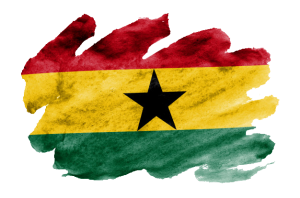
Ghana, one of the world’s fastest growing economies
Under the leadership of President Nana Addo Dankwa Akufo-Addo, Ghana has re-emerged as an African economic champion. In 2019, its gross domestic product rose by over 7%. “We have also become one of the most advanced countries for foreign direct investment (FDI) in West Africa and, by extension, the whole African continent,” says Minister for Information Kojo Oppong Nkrumah. To achieve this, the government implemented an ambitious reform programme that built on Ghana’s numerous existing strengths, such as its political and democratic stability, position as the gateway to West Africa, wealth of natural resources that include hydrocarbons, minerals and fertile lands, as well as the diversity and openness of its economy….
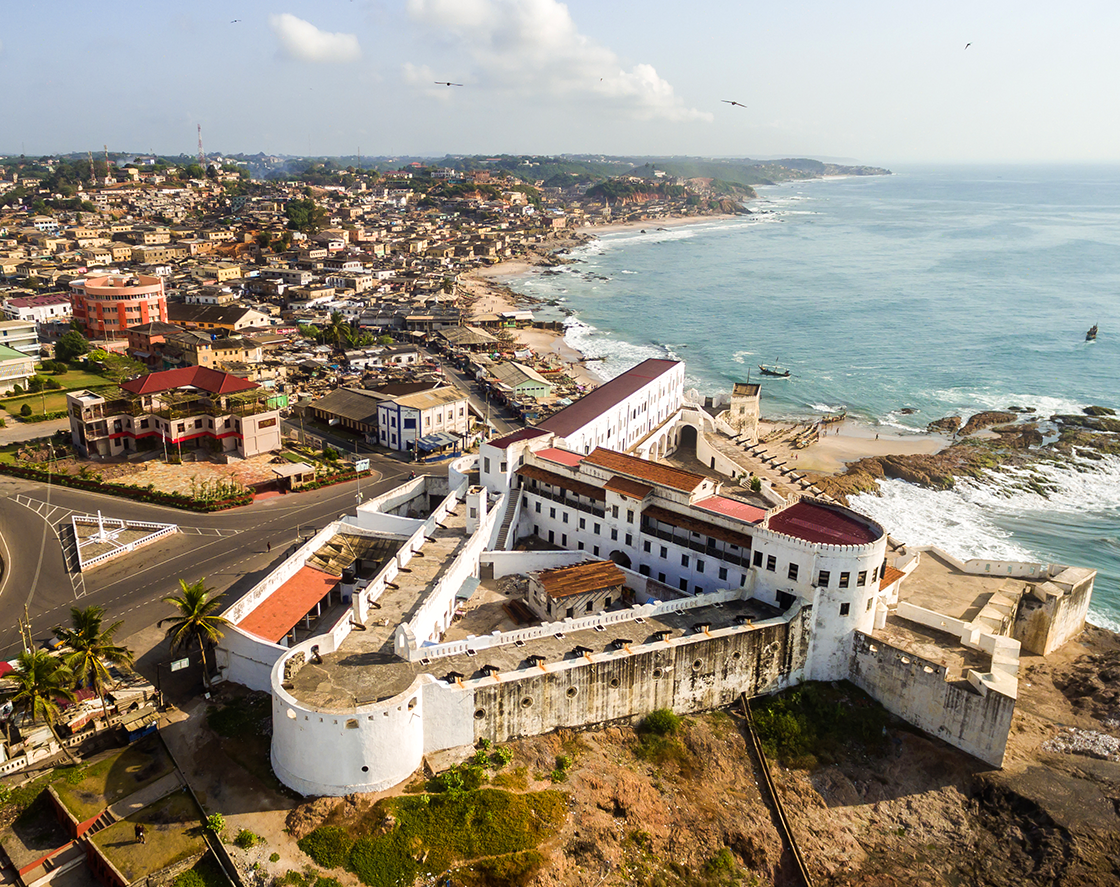

Advancing digitalisation and innovation
Accounting for nearly half of its diverse economy, Ghana’s vibrant services sector grew by 7.6% in 2019. Within that sector, the highest-performing industry was information and communication technology (ICT), which recorded growth of 46.5%. This impressive rise reflects the fact that the country has built an impressive ecosystem for digitalization that includes telecommunications operators, internet providers, software manufacturers, fintech specialists, entertainment and gaming companies, and many other businesses. Supporting this advancing ecosystem is excellent infrastructure. Internet penetration currently stands at 64% of the country and the majority of that is 3G coverage, with increasing volumes of 4G…
A global fintech success story
Ghana’s financial services sector is substantial, comprising about 35 countrywide banks, 150 community banks, 350 microfinance institutions and 50 insurance companies. Even so, financial inclusion has been a concern for the government. As a result, in May the Ministry of Finance launched three new initiatives to accelerate inclusion and the digitalisation of the financial system. The National Financial Inclusion and Development Strategy aims to raise inclusion from the current 58% to 85% by 2023; the Digital Financial Services Policy will create a resilient, inclusive and innovative financial ecosystem that promotes and supports fintech; and the Cash-Lite Roadmap sets the path for an inclusive digital payments system…
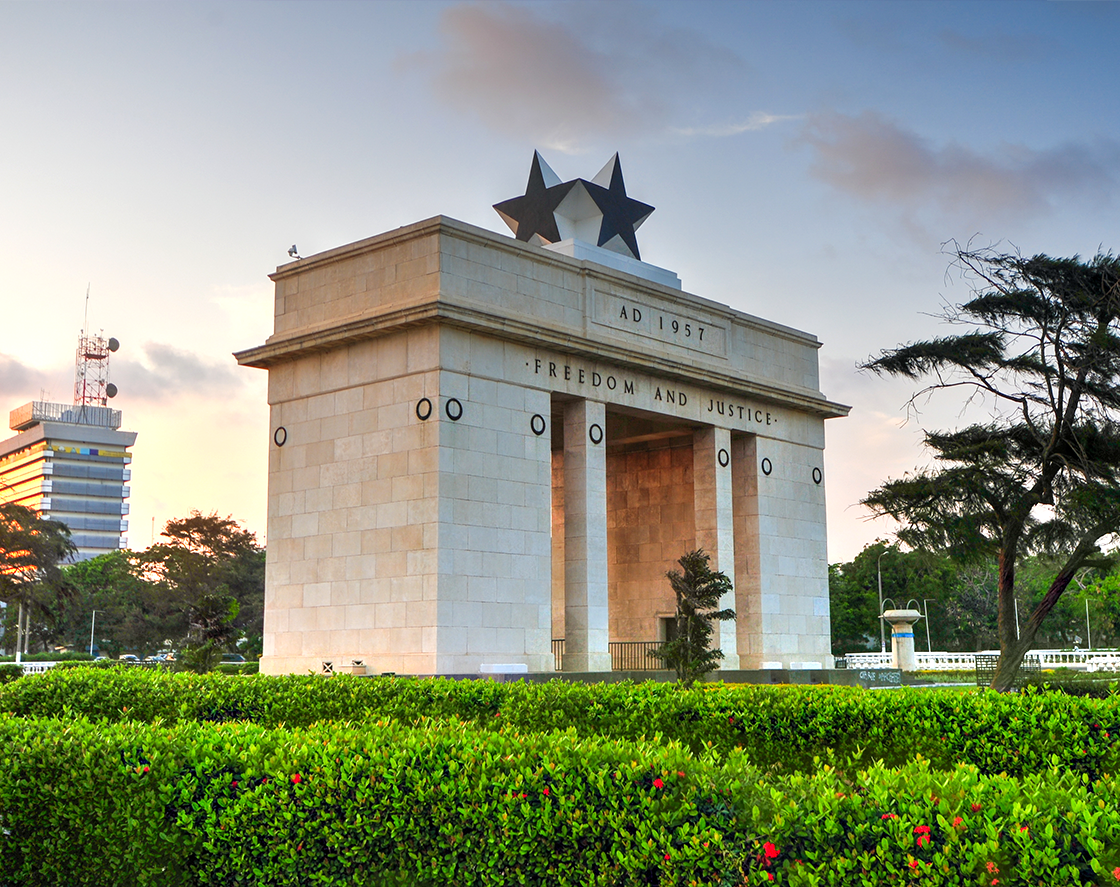
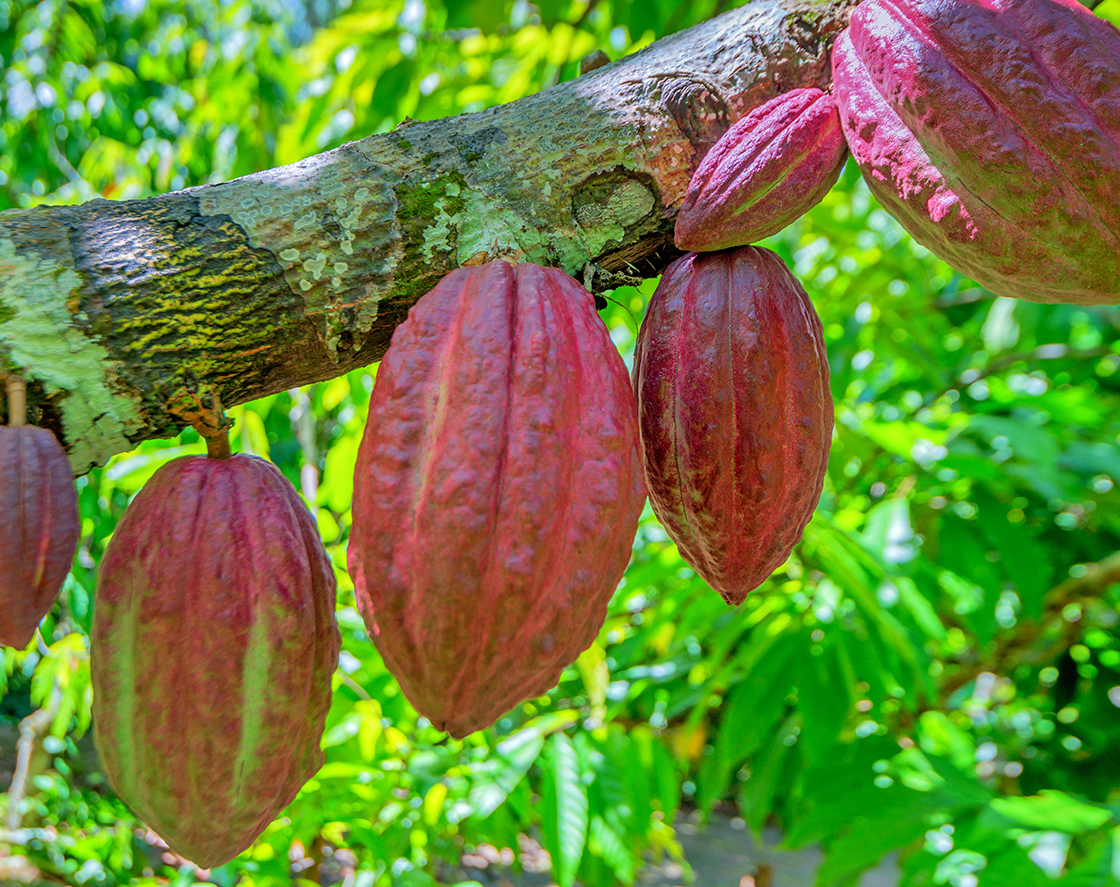
The West African hub for manufacturing and trade
Ghana is an increasingly important and thriving hub for manufacturing and trade. Partly, this is because it is home to one of West Africa’s largest ports and a world-class international airport. Additionally, it offers free access to a market of over 350m people in the Economic Community of West African States and membership of the African Continental Free Trade Area. The government has also made concerted efforts to ensure that the country offers the ideal environment for investors in manufacturing and exports in order for the country to move up the industrialisation value chain…
Modernising agriculture
Agriculture is a strategic mainstay of the Ghanaian economy that contributed 18.5% to gross domestic product in 2019, 4.6% up on 2018. It is also crucial for livelihoods, as the sector includes many small businesses and employs over 40% of the country’s workforce. Today, agricultural products account for over 20% of its non-traditional export earnings: Ghana is the world’s second-biggest producer of cocoa, while other important export crops include bananas, mangos, pineapples, tomatoes, peppers and ginger – many of which offer potential for greater exploitation…
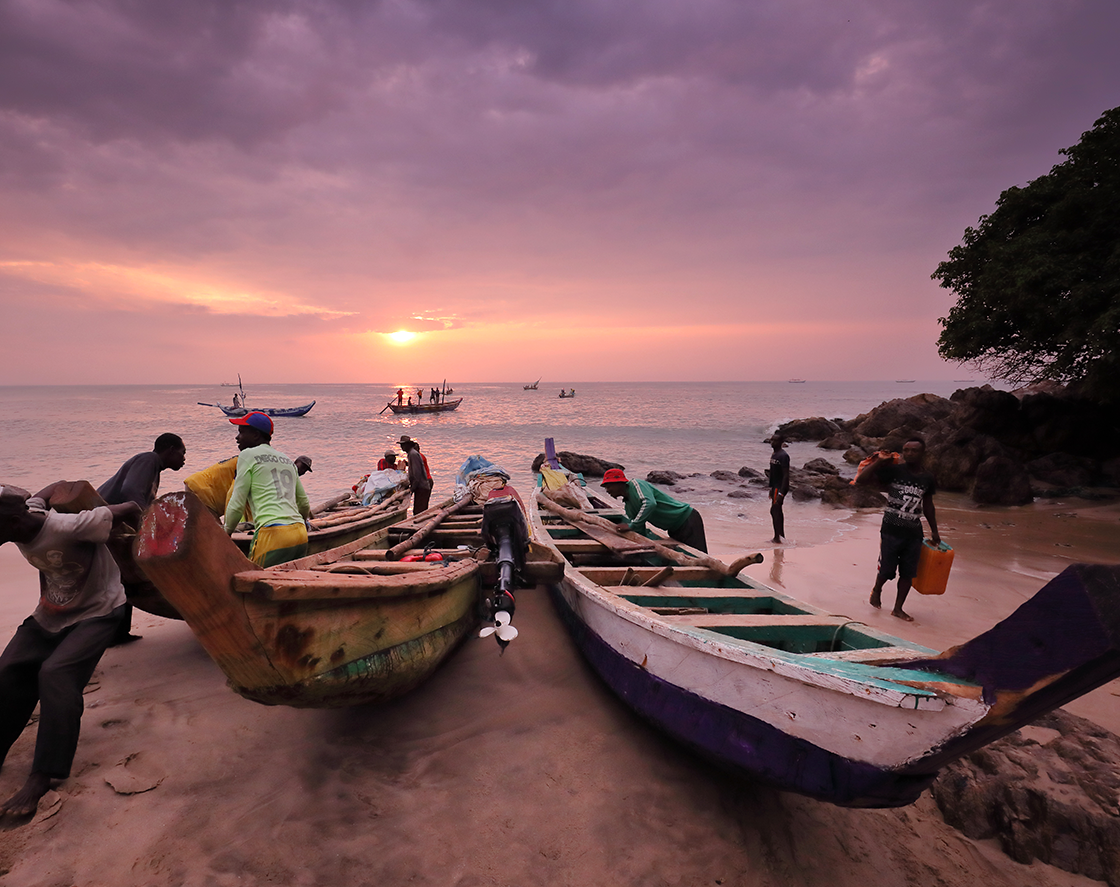
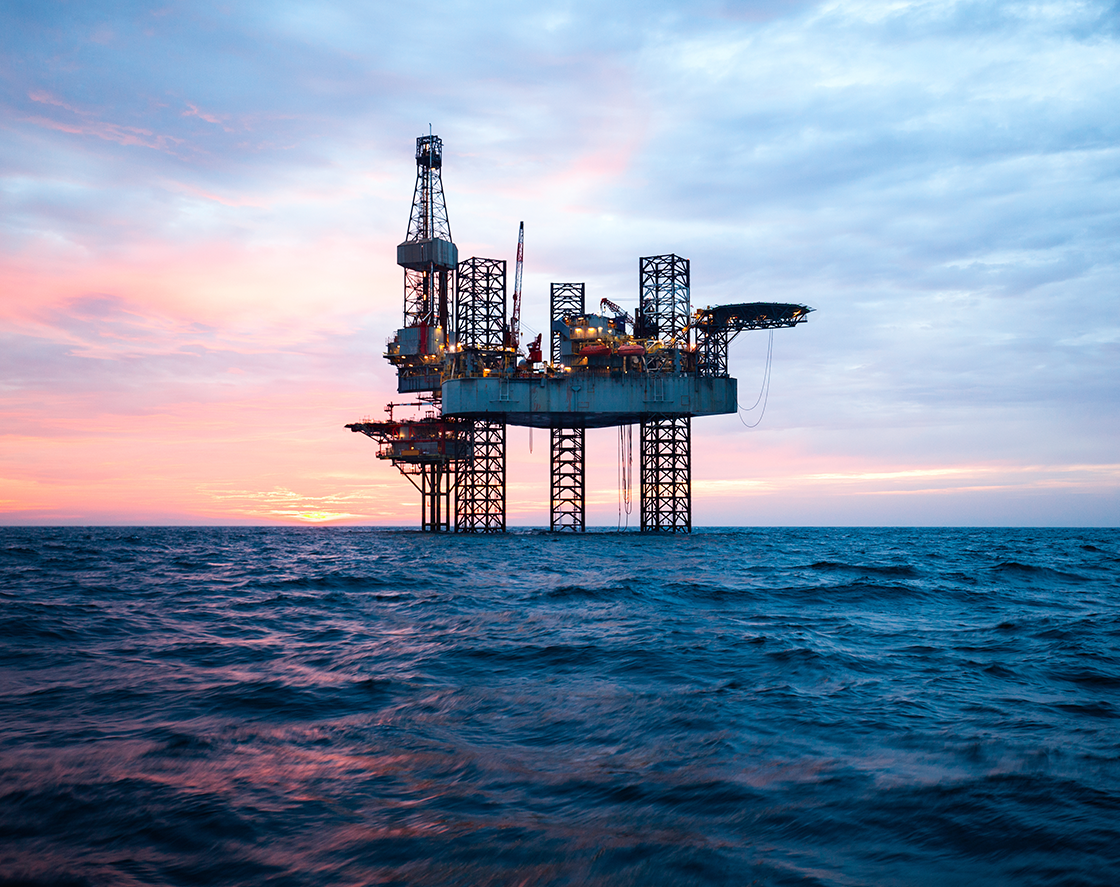
Energy transformations
Ghana only made its first discovery of commercial quantities of hydrocarbons in 2007 but, today, crude oil is the country’s second-most valuable export after gold and brought in revenues of £3.5bn in 2018. Ghana has four main hydrocarbon basins containing both oil and associated gas: three offshore and one onshore that covers nearly half the country and shows high potential…
